The year was 2025, and tensions were high as the American Civil Liberties Union (ACLU) stepped into a fierce legal battle against President Trump’s contentious use of the Alien Enemies Act. The stage was set at the U.S. Court of Appeals for the Fifth Circuit in New Orleans, where the ACLU fired its first shot to halt the deportation of numerous Venezuelans accused of gang affiliation under this centuries-old law.
“An opening salvo in what is likely to be the decisive legal battle.”
The obscure Alien Enemies Act, dating back to the 18th century, had become a lightning rod for controversy as Trump sought to wield its powers aggressively in his deportation crusade. This move sparked outrage and raised crucial questions about constitutional rights, governmental authority, and international relations.
Expert analysts scrambled to decipher this unprecedented legal showdown unfolding before their eyes. The stakes were sky-high as civil rights activists, legal scholars, and policymakers closely monitored each twist and turn in this gripping saga.
“Poised to become a landmark case heading towards Supreme Court scrutiny.”
As the ACLU raced against time, crisscrossing courtrooms nationwide with a sense of urgency akin to a ticking time bomb, they sought justice for individuals caught in the crosshairs of political agendas. The narrative painted a vivid picture of David versus Goliath – pitting an advocacy group fighting for human rights against the highest echelons of power.
Legal luminaries weighed in with diverse opinions on whether Trump’s invocation of this archaic law held water. Some argued it was an abuse of executive authority bordering on authoritarianism; others saw it as a necessary measure to safeguard national security amidst escalating global tensions.
“A clash between executive power and civil liberties that could reshape legal precedent.”
In courtrooms echoing with impassioned arguments and meticulous legal wrangling, judges grappled with defining moments that could shape jurisprudence for generations to come. Their decisions weren’t merely about interpreting laws but upholding fundamental principles that define democracy itself.
The heart-wrenching stories of those facing deportation underscored human struggles entwined with political machinations. Families torn apart, dreams shattered – each individual represented a poignant chapter in this unfolding drama that transcended mere legality.
“Navigating through murky waters where law meets morality and politics intersect justice.”
Amidst swirling debates on immigration policies, national security imperatives, and constitutional safeguards lay profound ethical dilemmas begging for resolution. Could laws crafted centuries ago withstand the complexities of modern geopolitics? Would justice prevail over expediency?
With all eyes on the corridors of power where fateful decisions rested on fragile pillars of legality and legitimacy, one thing remained certain – the battle over Trump’s use of the Alien Enemies Act wasn’t just about deportations; it was about defining who we are as a society grappling with fear and freedom intertwined.
As dawn broke on yet another chapter in America’s tumultuous journey through history, one thing became clear – beyond legal jargon and political theatrics lay real lives hanging in balance; their fate intertwined with principles tested by fire. And amidst it all stood relentless defenders fighting not just for their clients but for ideals shaping destinies yet unwritten.



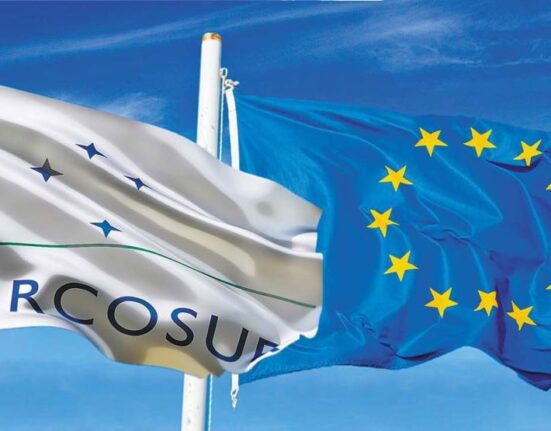
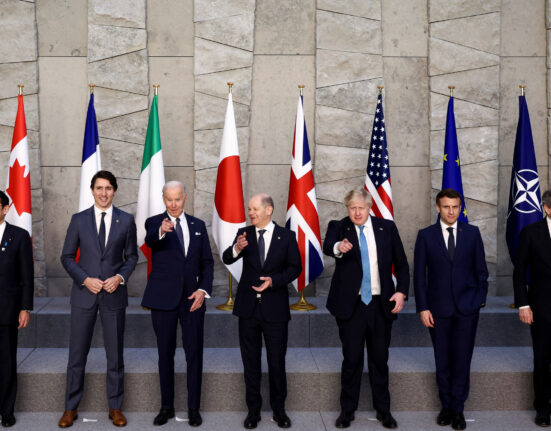
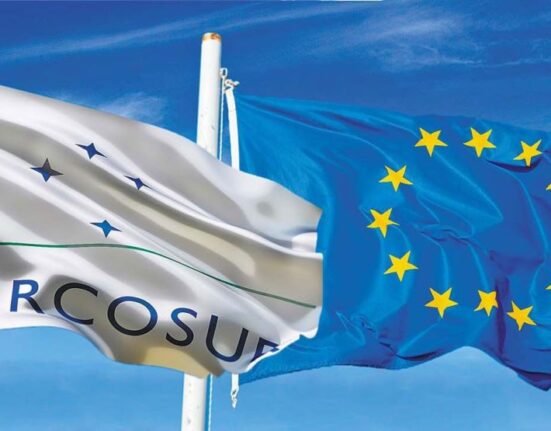
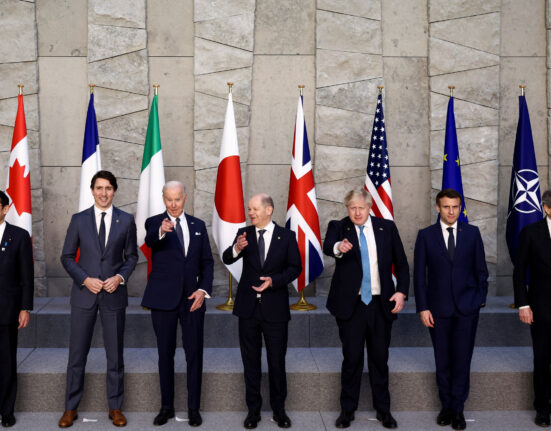
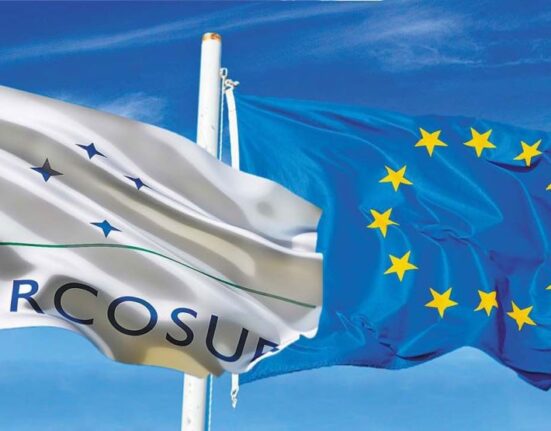
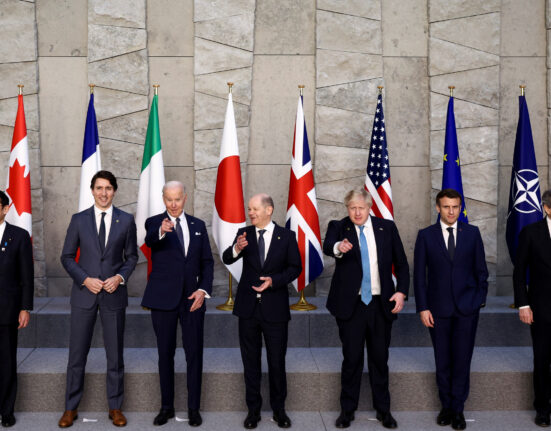
Leave feedback about this